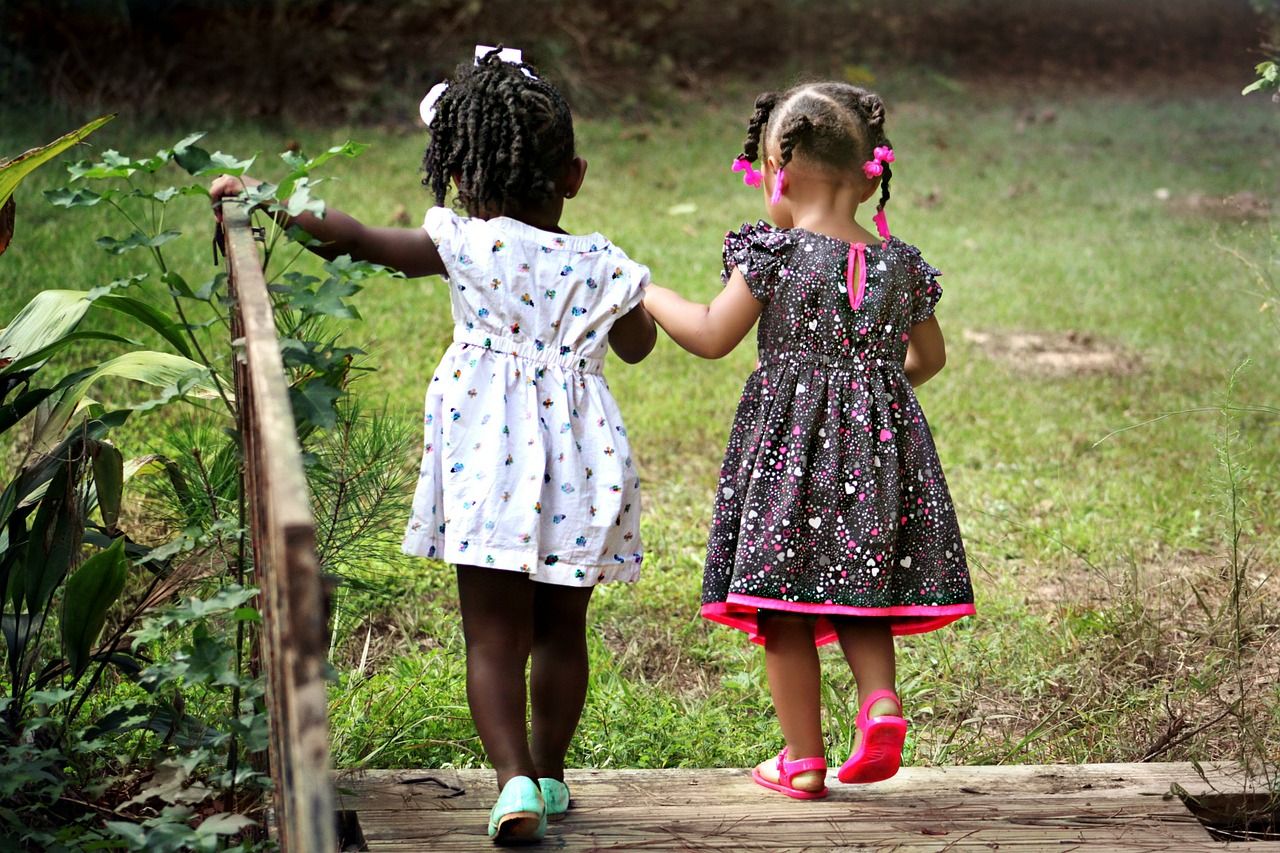
Extended Family & Divorce
When couples split, they try to make sure certain members of the family still see the children. Even if the relationship is strained, grandparents get consideration from their former son or daughter-in- law. While an important relationship, the grandparents are not the only family members who are important to your children.
I’ve seen large families, bonded by holidays together, birthdays, and Sunday afternoons treat cousins like brothers and sisters; I’ve seen aunts and uncles function in a mother or father role, or, depending on age, like an older sibling. During a divorce, these bonds help children find security and comfort in new circumstances and lifestyles. These crucial relationships must be maintained.
Schedules after divorce fluctuate, and one parent may not be able to always attend to his/her side of the family and the family functions. Try to maintain a connection with your former extended family. This connection may not be affable, but if your kids play well with their cousins and you have them for the weekend, try to give them a few hours. This sounds like I’m asking too much from parents who no longer see their children on a daily basis, but try to accommodate when you are able. I’m not saying trade your hours with them every weekend -- just be open to a civil relationship with their other family members so that your children don’t lose out of those special childhood relationships. You cannot anticipate when an aunt or uncle will say something that helps your child. You do not know how important the sleepover with the cousins might be to helping them feel normal when the rest of their world is spinning.
Children need to know they have the support of friends and family while their home life changes drastically. Losing relationships at the same time as they lose the family they once had hurts them during the process. One day, especially when they are older, they will recognize the thoughtfulness, and sacrifice, their parents gave towards them by nurturing familial bonds.
